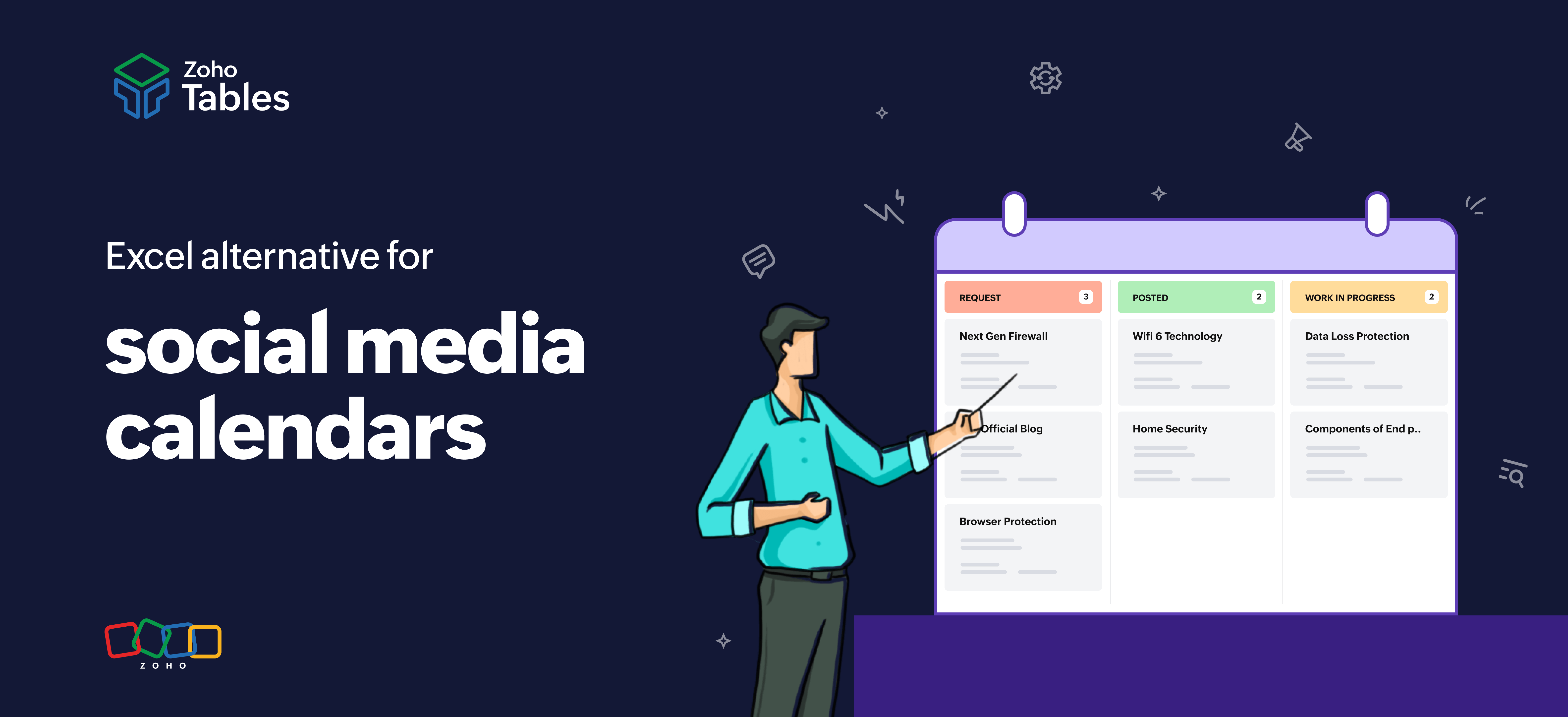- HOME
- Work Management
- 7 tips for efficient budget tracking for businesses
7 tips for efficient budget tracking for businesses
- Last Updated : June 3, 2025
- 258 Views
- 3 Min Read
Tracking a budget goes beyond just monitoring spending; it’s about understanding the financial pulse of your business. Budget tracking can highlight growth opportunities and inefficiencies and ultimately guide your business towards profitability. But if nayou’re thinking you’re not a finance wizard, and keeping track of your budget feels overwhelming, then this blog is for you—because managing your business finances doesn’t have to be complicated or stressful.
Set clear tracking goals with context
Setting financial goals is a basic practice, but how you give context to these goals can make a huge difference. Instead of just saying, “We want to stick to our budget,” try making your goals data-driven. For example, “We aim to reduce marketing expenses by 10% while increasing the ROI of our campaigns by 20% in the next quarter.” This kind of specificity creates accountability and increases focus. Setting clear, specific goals allows you to focus on what truly matters to your business.
Leverage real-time budget monitoring
Many businesses track their budget passively, waiting until the end of the month to see if they’re on target. But why wait when you can be more proactive? Real-time monitoring is an essential step in budget tracking. There are modern tools available on the market that help you categorize your expenses, see where your money is going, set spending limits, get reports that help you make smarter decisions, and more. Doing this helps prevent overspending before it gets out of hand.
Analyze expense trends and forecast future needs
Budget tracking doesn’t have to be purely retrospective. One underrated aspect is the use of forecasting tools to predict future financial outcomes based on current trends. This approach allows businesses to anticipate seasonal spikes in demand, plan for unexpected costs, or allocate resources more effectively. For example, analyzing trends from the last two years can give you insights into seasonal spending patterns or vendor cost increases. You can use this data to forecast next quarter’s budget and make room for adjustments. Analyzing your spending patterns regularly also helps you catch irregularities and adjust your budget accordingly.
Choose the right tool
When it comes to budget tracking, using the right tool can make all the difference. Tools like Zoho Tables allow you to categorize expenses, automate certain tasks, and compare budget and actual spending with ease. The right tools will save you time, reduce human error, and provide clear insights to help you make quick decisions.
Check cross-department budget collaboration
Budget tracking doesn’t always have to be in isolation—collaborating across departments can provide more accurate budget projection. When marketing, HR, operations, and other departments share insights into their upcoming expenses, it allows for a more holistic budget. For example, if marketing plans to increase their ad spend but HR is hiring more employees, tracking both simultaneously can help avoid overspending in one area at the expense of the other. This helps your budget become more reflective of real-world business activities.
Identify hidden costs and account for them
Every business has hidden costs that aren’t immediately obvious. These can include things like software subscriptions, shipping costs that increase over time, or even unnecessary employee overtime that builds up if you're not paying attention. These might not be obvious at first glance, but budget tracking should go beyond surface-level expenses and dig deeper into indirect costs. Regularly reviewing and adjusting your budget for these hidden costs can lead to more accurate forecasts and avoid financial surprises.
Stay flexible and adjust as needed
Your budget isn't a rulebook. It’s there to guide you, but it should also adapt as your business needs to change. If you see that you’re spending more than what you planned, make adjustments. On the flip side, if you’re underspending in one category, you might want to reconsider it based on what your business needs. The key to effective finance management is staying flexible. Don’t feel locked into your original plan. By making small adjustments here and there along the way, you’ll keep your business on the path to growth without unnecessary stress.
Tracking your budget doesn’t have to be complicated or intimidating. By setting clear goals, using simple tools, and reviewing your budget regularly, you can take control of your finances and make sure your business is headed in the right direction.
Budget tracking is less about being perfect and more about staying disciplined and proactive. But if you’re still stuck to ways that make tracking your budget more complicated, maybe it’s time for an upgrade!
 Sruthi Selvaraj
Sruthi SelvarajProduct marketing during the week, serious digital art in the weekends.


